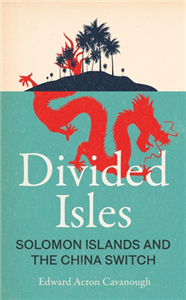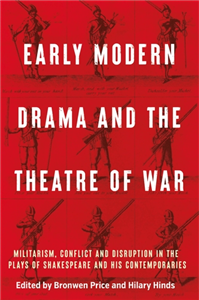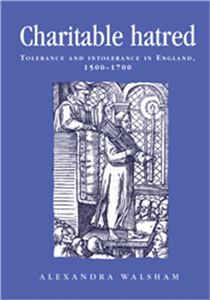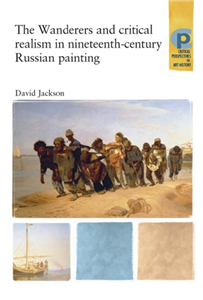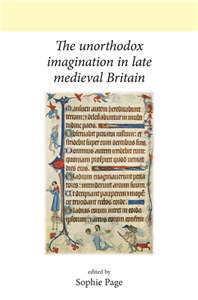Wer ist Kalligaro? Ein Flaneur, ein Betrachter, ein Liebhaber seiner Stadt (Budapest), ein Freund ganz bestimmter Cafés und des Kognaks, ein Mann der Frauen. Ein höchst sonderbares, zwiespältiges Individuum; in der Provinz, der er entstammt, ebenso beheimatet wie in der Großstadt; ein Eremit; ein Erleidender historischer Verläufe. Krieg, Judenverfolgung, Diktatur und Reformdiktatur bringt er ebenso hinter sich wie die Wende zur Demokratie. Darin zugleich aber ein Handelnder: Dissident, Stadtplaner, Politiker, Dichter, Wortführer, Präsident verschiedener Akademien; ein Reisender zwischen New York, Berlin und Ky?to. Kurzum: In der Gestalt des Herrn Kalligaro begegnen wir einer neuen Spiegelung des György Konrád und seines Lebensweges.
Aber anders als die linear erzählten Lebensläufe, die uns aus anderen Werken Konráds vertraut sind, splittert sich die neue Lebensgeschichte in einen Kosmos von mehr als 200 kurzen Erzählungen, Beobachtungen, Reflexionen, und so ist dieses Buch vieles zugleich: eine mosaikartig sich zusammensetzende Autobiographie, ein artistischer Selbstversuch, ein Aphorismenschatz, ein Vademecum der stoischen Lebenskunst; eine Zeitreise zwischen Gestern und Morgen, ein Geschichts- und Geschichtenbuch des 20. Jahrhunderts; ein Buch der Epiphanien, eine musikalische Komposition. Ein Reflexionsepos in der europäischen Traditionslinie von Rousseau, Rilke, Valéry, Pessoa und Benn. Vor allem aber: ein Buch des Lebens.




